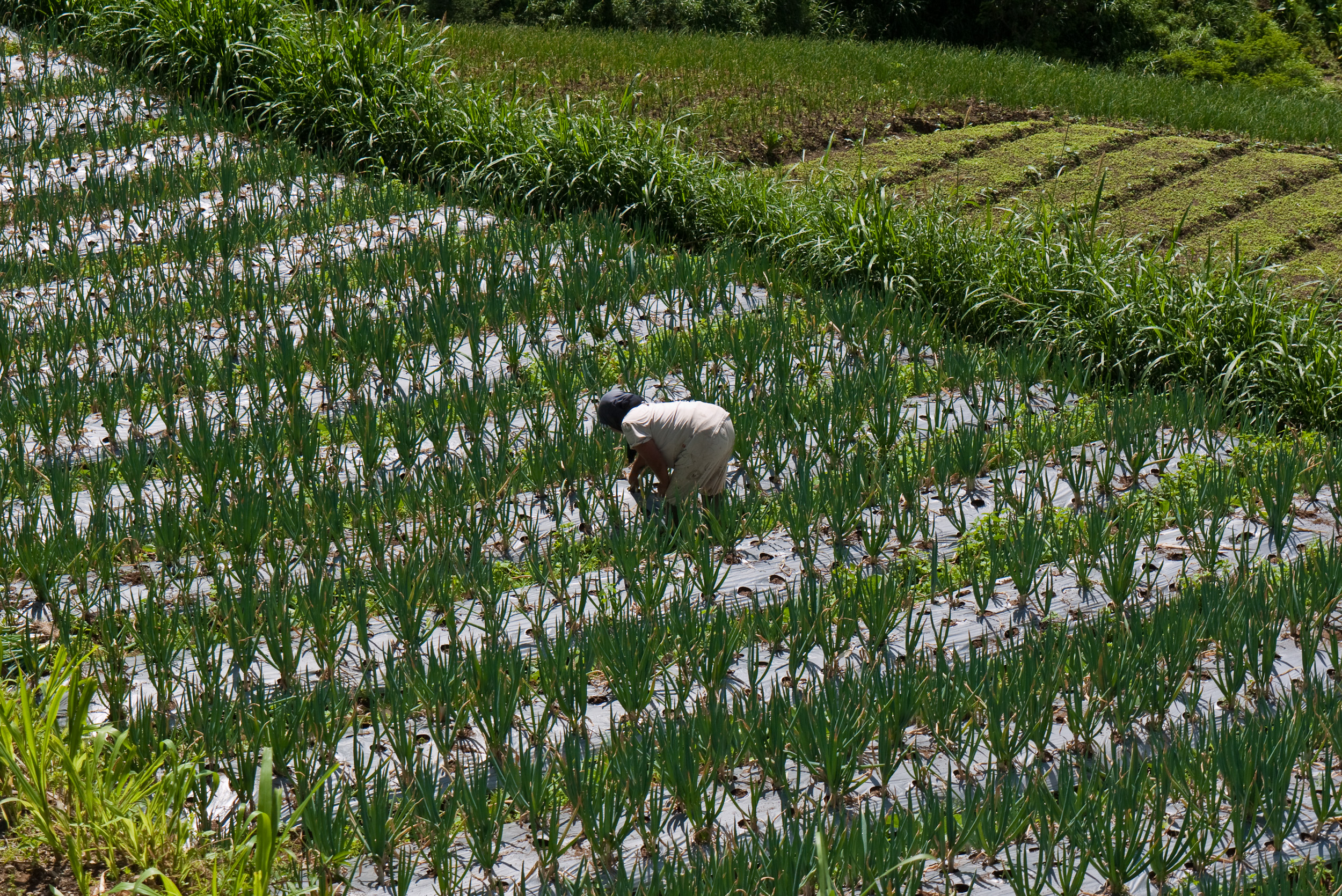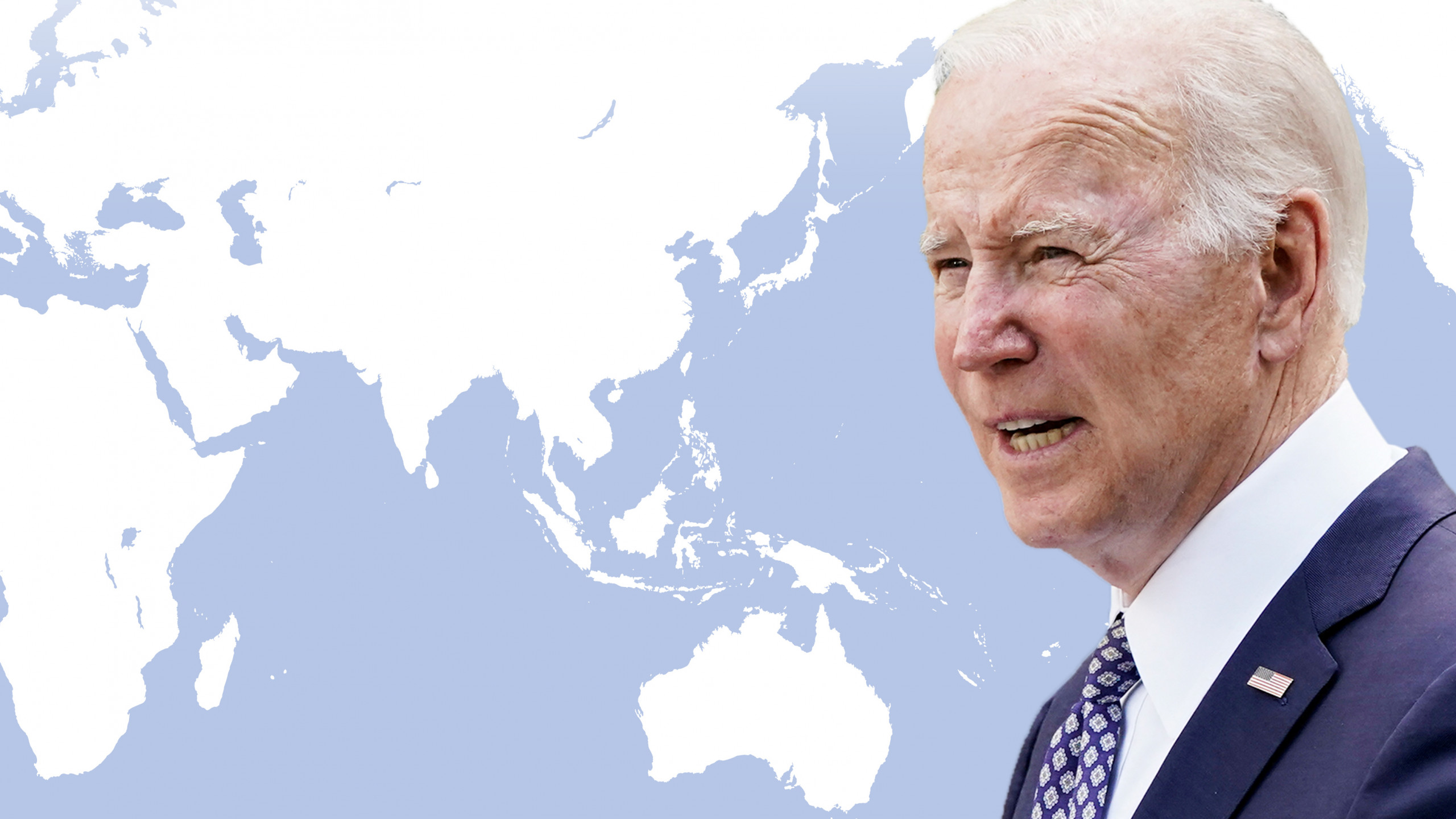Special G20 Indonesia /
Food security is one of the challenges of our time, but ASEAN should focus on sustainable agriculture if it wants to limit the social and environmental risks caused by climate change.
Sustainable agriculture in Southeast Asia may be the key to the global fight against climate change. As U.S. journalist David Wallace-Walls points out, "the future of the planet will be determined in large part by the growth trajectory of the developing world," and the emerging economies of ASEAN are at the epicenter of this transformation. The extraordinary demographic development and rapid urbanization, the increase in incomes, consumption, and the consequent surge in energy demand make it difficult to reconcile national interests and sustainability imperatives. But Southeast Asia is also one of the regions most vulnerable to anthropogenic climate change. According to an ISEAS report, flooding, loss of biodiversity and rising sea levels are the three threats perceived as most imminent by regional communities, and for 81.1% of respondents these will have a direct impact on food supply.
Food security is one of the challenges of our time. Unfortunately, the effects of the pandemic on the agricultural sector have been devastating in Southeast Asia. Indeed, the development of sustainable agriculture is at the heart of the Comprehensive Recovery Framework, designed by ASEAN to emerge from the crisis caused by Covid-19. Member states agreed on the need to promote measures that protect food supply chains, which are essential to "mitigate the risk of major shocks, which have a major impact on society, especially on the poorest and most vulnerable people."
However, food security must be promoted at the same time as other initiatives to combat climate change. In this regard, as well as having recently provided a taxonomy which will integrate the language of all national projects aimed at sustainability, ASEAN is also focusing a great deal on international cooperation. Sustainable agriculture will be one of the items on the agenda of the High Level Meeting organized at Dubai Expo 2021, where the heads of the private and public sectors of ASEAN countries, Italy and the United Arab Emirates will meet to discuss future cooperation under the banner of sustainability. The meeting will be held on December 9 in Dubai, and has been organized by the Italian Commissariat to the Expo in collaboration with the Dubai Chamber of Commerce and the Italy-ASEAN Association. Much of the climate cooperation, however, takes place at the national level. The International Fund for Agricultural Development (IFAD), for example, is working with the Indonesian government to implement eight sustainable rural development projects. Since 44% of Indonesia's population lives in rural areas, and agriculture is its main source of income, the success of the 2030 Agenda in the country is an indicator of progress in the entire region.
Alternative agricultural production practices pioneered in Indonesia are also inspiring other ASEAN countries. Such initiatives, encouraged by the government of Joko Widodo, have often originated from below. This is because the Indonesian population is one of the most exposed to the dramatic effects of climate change, including the risk that a large part of its coastal cities will end up buried under the sea level. This condition makes them particularly motivated to think about alternative lifestyles, production and consumption practices. During the pandemic, Jakarta deployed urban agriculture, which experts say could prove to be the cause of food security, while also responding to the region's high population pressure. Tahlim Sudaryanto, president of the Indonesian Center for Agriculture Socio Economic and Policy Studies (ICASEPS) under the Indonesian Ministry of Agriculture, praised these projects. Considering that by 2050, more than two-thirds of the global population will live in cities, according to a 2018 study published in Earth's Future, urban agriculture could produce up to 180 million tons of food annually, and provide 10 percent of global production of legumes and vegetables.
Several sustainable agriculture projects have proven virtuous in the country. Indonesia is the largest economy in Southeast Asia, and three out of five Indonesians live in the countryside, but the agricultural sector is the main source of income for 64% of the population living below the poverty line. When Audria Evelinn founded Little Spoon Farm, for example, she had in mind the precarious situation in which a large part of her fellow citizens lived. Her goal was to "improve the local food system in Indonesia by reconciling the relationships between nature, farmers and consumers." Since food is a powerful force for change, empowering consumers to choose local, organic, direct and seasonal produce creates "demand that supports a sustainable local economy that gives farmers a living." That's why she launched her project on the Indonesian island of Bali, where pressures from the tourism industry sometimes diverge from environmentalist demands, creating debate about the future of the local economy. Audria Evelinn wanted to make her contribution by designing an online platform from which people can directly order fresh local crops. Her farm is also experimenting with cooperative management practices and product reuse systems to solve the problem of food waste. Little Spoon Farm's experience confirms that not only are top-down international cooperation measures necessary: the involvement of the younger generations and from bottom-up instances in the fight against climate change is essential if effective solutions are to be found for the future of the planet.






